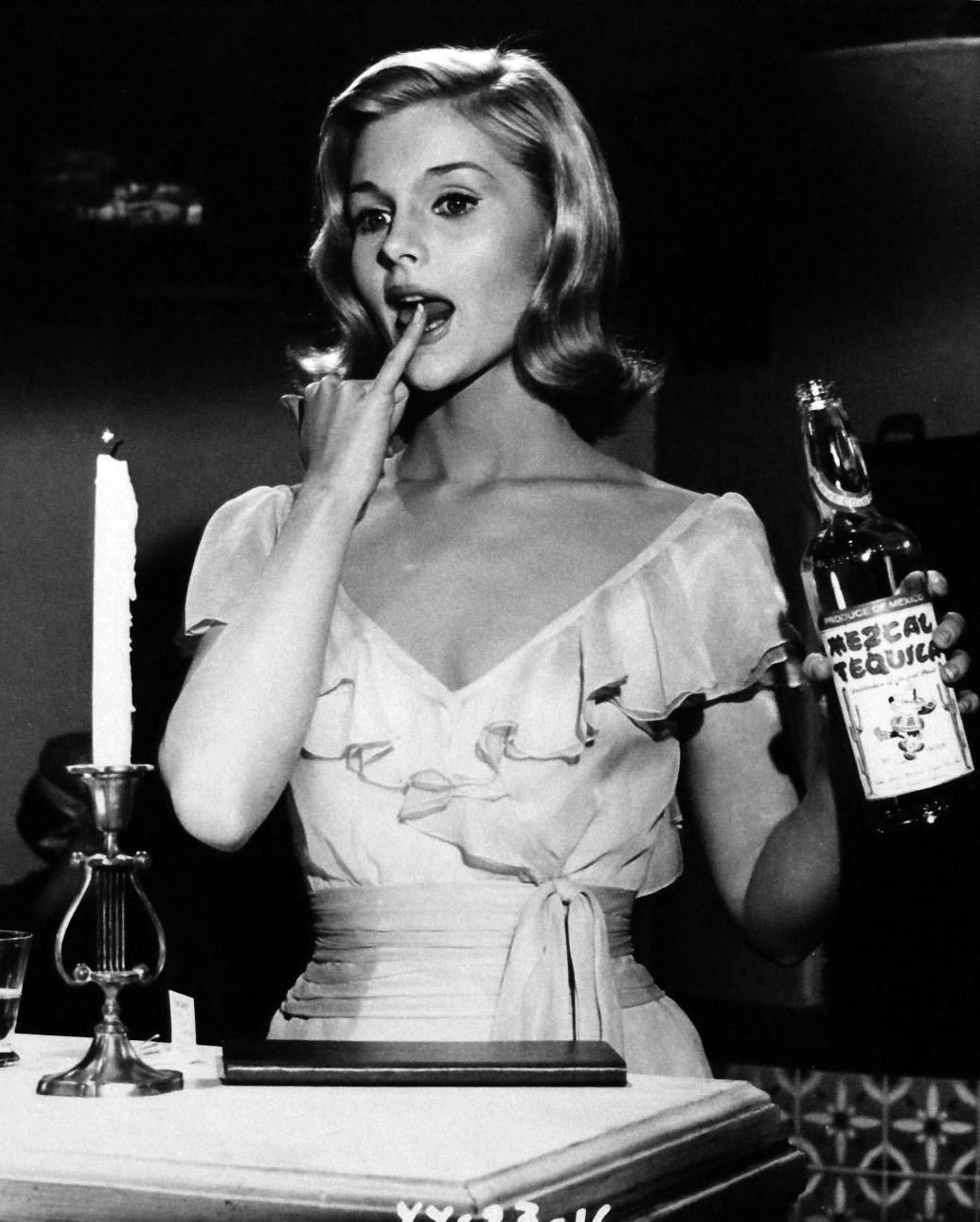By JAMES T. PATTERSON
How 1965 changed everything
Lyndon Johnson's terribly
mistaken Christmas speech of 1964
Fifty years ago Thursday,
President Lyndon B. Johnson turned on the lights of the National Christmas Tree
and proclaimed, “These are the most hopeful times in all the years since Christ
was born in Bethlehem.” He continued, “Today — as never before — man has in his
possession the capacities to end war and preserve peace, to eradicate poverty
and share abundance, to overcome the diseases that have afflicted the human
race and permit all mankind to enjoy their promise in life on this Earth.”
LBJ was by no means alone at
that time in predicting such a glorious future. Millions of Americans were
anticipating passage of Great Society reforms that he had been promising in his
super-successful presidential campaign. The economy, having advanced steadily
since 1961, was booming as never before. James Reston, chief political
columnist for the New York Times, wrote on Jan. 1, 1965, that the nation was entering
an “Era of Good Feelings.” Time magazine gushed that America was “on the fringe
of a Golden Era.” It added that “the classic conflict between parents and
children is letting up.”
These sentiments make one thing
clear: Hindsight is far clearer than foresight. The rosy predictions of peace
and societal goodwill came on the eve of the political, social and cultural
turbulence — even violence — we now think of as “the Sixties.”
The Sixties didn't start in
1960. Rather — as the comments by LBJ, Reston, and others indicate — the years
before 1965 were fairly stable. Most Americans in 1964 dressed as they had in
the 1950s. Few young people sported beards or long hair. Colleges rigorously
enforced parietal rules. Though the Free Speech Movement at UC Berkeley revealed
rising restiveness among the young, the Students for a Democratic Society had
only 1,365 paid-up members in December 1964. (The total rose to an estimated
80,000 by 1968.) Though white violence against civil rights advocates during
Mississippi's Freedom Summer had angered many people, supporters of racial
justice hailed passage of the historic 1964 Civil Rights Act — and of the War
on Poverty — and remained committed to nonviolence and interracial cooperation.
Johnson's conviction that the
nation was developing its capacity “to end war and preserve peace” seems
particularly jarring, in light of both what was happening at the time and what
would happen in the months following the speech. The previous August, Johnson
had ordered bombing in North Vietnam following the Gulf of Tonkin “crisis,” but
during his 1964 presidential campaign against Barry Goldwater, he had posed as
an apostle of peace. In October, during the heat of that campaign, he promised:
“We are not about to send American boys nine or 10,000 miles away from home to
do what Asian boys ought to be doing for themselves.” Yet by the end of 1964,
the United States had 23,000 “military advisors” in Vietnam, some 6,000 more
than had been there at the time of Kennedy's assassination in November 1963.
American liberalism, the
driving force behind much of what Johnson touted in his December speech, peaked
in early and mid-1965. Driving a heavily Democratic Congress, the president
secured a path-breaking Elementary and Secondary Education Act, expansion of
the War on Poverty, and Medicare and Medicaid. Congress also approved a
powerful Voting Rights Act, an innovative Higher Education Act, and
long-awaited reform of America's then-racist immigration system.
But 1965 also brought the start
of the tempestuous Sixties. Following a Viet Cong raid on an American base in
early February, LBJ authorized round-the-clock bombing (Operation Rolling
Thunder) of North Vietnam. A month later, combat Marines landed at Da Nang. At
the same time, on Bloody Sunday (March 7), white police and troopers savaged
peaceful marchers in Selma, Ala., thereby enraging millions of Americans. In
late July, LBJ announced a massive escalation of American forces in Vietnam. In
early August, five days after he signed the Voting Rights Act, blacks in Watts
erupted in violent protest. Many whites, shocked, began to wonder about civil
rights activism. The movement was never the same thereafter.
During the next few months,
much of the optimism that had prompted Johnson's grandiloquent remarks in
December 1964 began to fade. Political polarization was widening. Black leaders
in the Student Nonviolent Coordinating Committee were moving toward what became
known in 1966 as black power. Antiwar protesters were starting to burn their
draft cards. On the right, conservatives launched increasingly vocal attacks on
the War on Poverty and on Big Government. Ronald Reagan, very much in the
headlines, was readying a successful run for the governorship of California in
1966.
Developments in popular music
reflected this more unsettled mood. In June, the Rolling Stones released “(I
Can't Get No) Satisfaction,” whose lyrics were more sexually explicit than
those of other pop hits of the day. Described by fans as “an anthem for a
generation,” “Satisfaction” soared to the top of the charts. A month later, Bob
Dylan “went electric” at the Newport Folk Festival, thereby hastening a trend
toward folk-rock. In September, Barry McGuire's “Eve of Destruction,” a raw and
explicitly topical protest song, reached No. 1.
By the end of 1965, 184,000
American troops were stationed in Vietnam, and casualties were mounting.
Inflation, much of it caused by the war, was worrying economists. When LBJ
turned on the lights of the National Christmas Tree in December, he had nothing
uplifting to say. Events in 1965 had launched a series of transformations —
many of them rancorous and divisive — that sharpened during the Sixties that
followed. Fifty years ago, a new era was arriving.
James T. Patterson is an
emeritus professor of history at Brown University and the author of "The
Eve of Destruction: How 1965 Transformed America."


















































